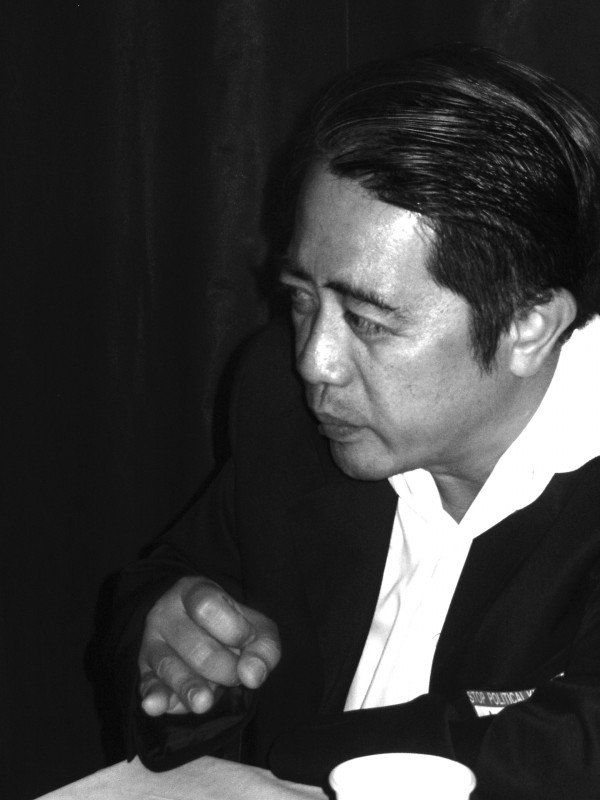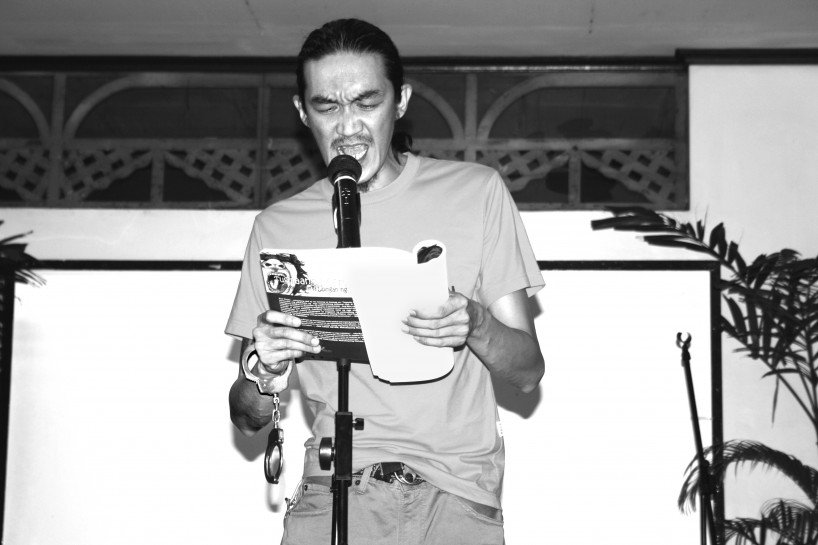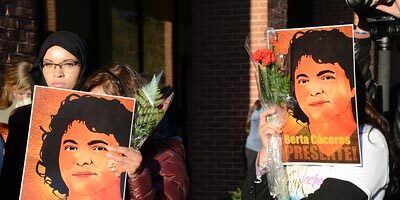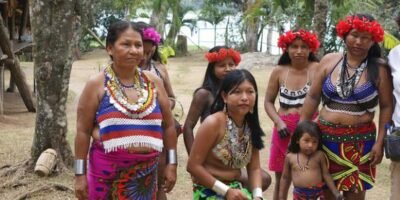
Dr. Constancio Claver fled the Philippines after an assassination attempt in which his wife was shot to death.
On July 31, 2006, Dr. Constancio Claver and his wife, Alice, were taking their daughter to school when two masked men wielding high-powered rifles confronted them. He and his wife were shot thirteen times. Fortunately their seven-year-old daughter only suffered a scratch on the head, but his wife later died on the operating table of seven gunshot wounds.
A surgeon, he was no longer able to work in hospitals and clinics for security reasons following the incident. He had to leave his children under the care of his relatives, and moved from one place to another to remain hidden from the attackers. Even so, he managed to continue working for the people’s rights organizations in which he was a member.
Dr. Claver’s experience is not uncommon in the Philippines. Two other political dissidents were similarly attacked the same day. Claver estimates that in the five-year period between the election of President Arroyo and the attempt on his life, there were 835 similar incidences of attacks on activists and 196 cases of disappearances in the country. The exact number is unknown; almost all the victims were members or leaders of people’s organizations, non-governmental and legal organizations, and most of the crimes remain unsolved.
Human rights organizations monitoring the situation have seen the list of victims continue to grow. Petty criminals, drug dealers, and street children are also targeted by death squads, and have been killed by the hundreds.
As a response to public concern, the government formed the Melo Commission in 2006 to investigate the killings. The commission soon lost its credibility because it mainly interviewed high-ranking military officials. Even so, Judge Melo concluded that responsibility for the crimes lay with a few corrupt members of the military.
Philip Alston, UN Special Rapporteur on extrajudicial, summary or arbitrary executions, was invited by the government to do more investigation. He concluded that there is an organized force behind the killings, including government-sponsored killing of members of civil society groups.
He made a follow-up report in 2009 that concluded that the government’s response to the killings continues to be symbolic and without substance, although when contacted for this article he did point out that the number of killings overall dropped by two-thirds since his first report.
Even so, Alston’s report states that “forced disappearances and illegal detentions remain all too common, as does the bringing of trumped up charges against Filipino activists and human rights abuse victims.”
One of those activists is Axel Pinpin, a political poet who has been imprisoned for speaking out against the government through his writing.
“The government and military are involved in the human rights violations, they are indeed,” Pinpin told me. “I should know, being a victim myself.”

Axel Pinpin, poet, activist and agriculturist, reading from Tungmaang Matatabil, a collection of poems written over the 2-year period he was imprisoned.
Pinpin grew up in the 1980’s in a political setting that left him skeptical of the system. When he joined the peasant movement and became a community organizer, his poetry took on a social-realism with a blend of eroticism, later branded as “anarcho-romantic” by poet and literary scholar Gelacio Guillermo. During 28 months incarceration, from April 2006 to August 2008, he wrote volumes of poetry which were published after his release.
“The masses will be bringing change, not some icon or individual. And I am not being romantic at all, although I realize that it is the twenty-first century and the Philippines is still in a semi-feudal/feudal condition. We have to go back to the roots, and the struggle for a genuine agrarian reform.”
Pinpin works with the Farmers’ Confederation in Cavite, focusing on agrarian activism and aspects of government reform, such as the need for an anti-torture law.
“Being an agriculturist, I always dream of a modern-agricultural Philippines. I was with the Department of Science & Technology before I joined the movement. One of my jobs as an agricultural scientist was to conduct extension and techno-transfer services to the countryside. In one unforgettable session, one of the farmers posed a question that is still etched in my mind to this day: Sir, can your technology gave us an assurance that our land will not be taken away from us by landlords or developers?
Agricultural reform means dealing with government corruption, which cannot be stopped unless an overhaul in the system happens.”


